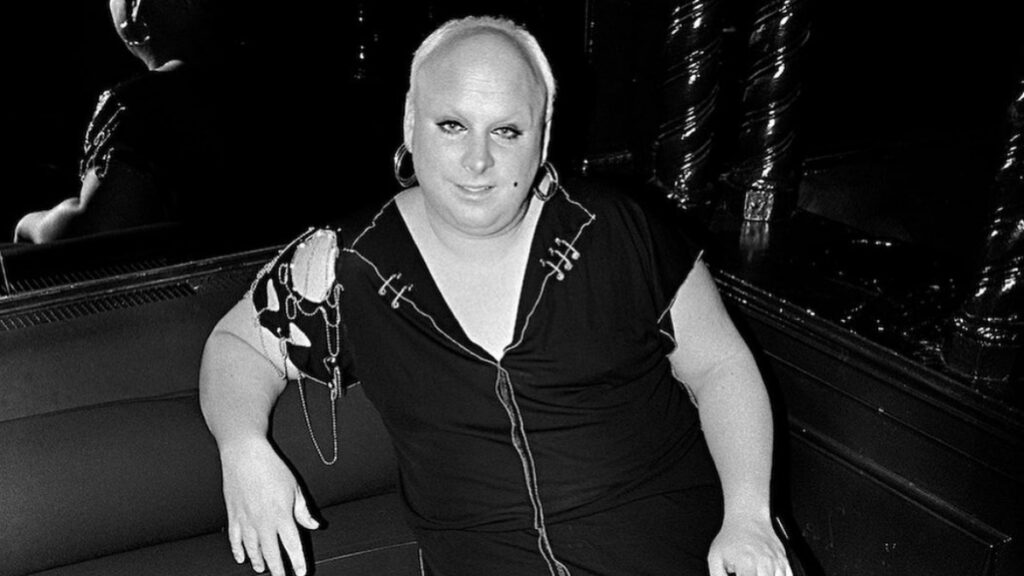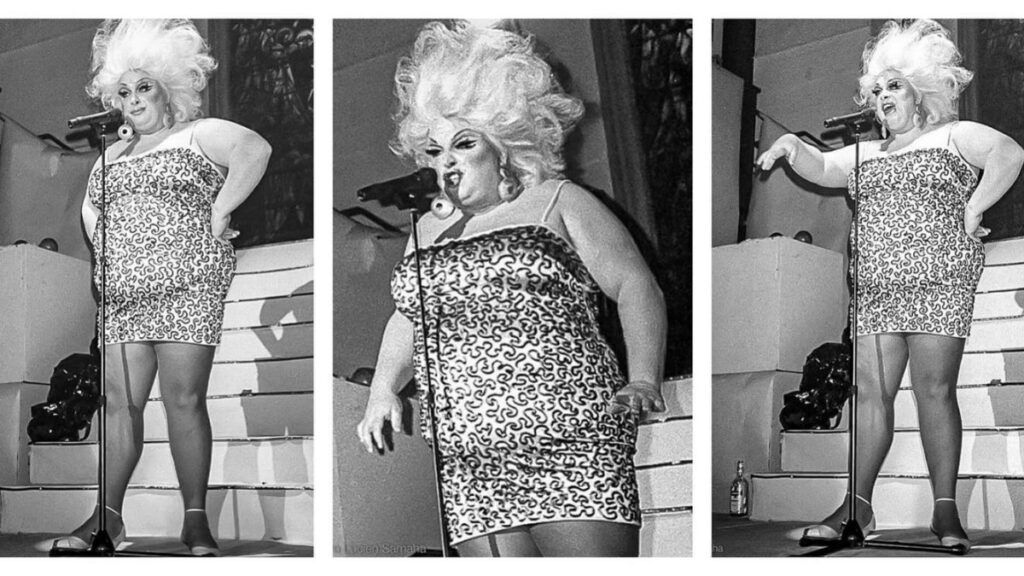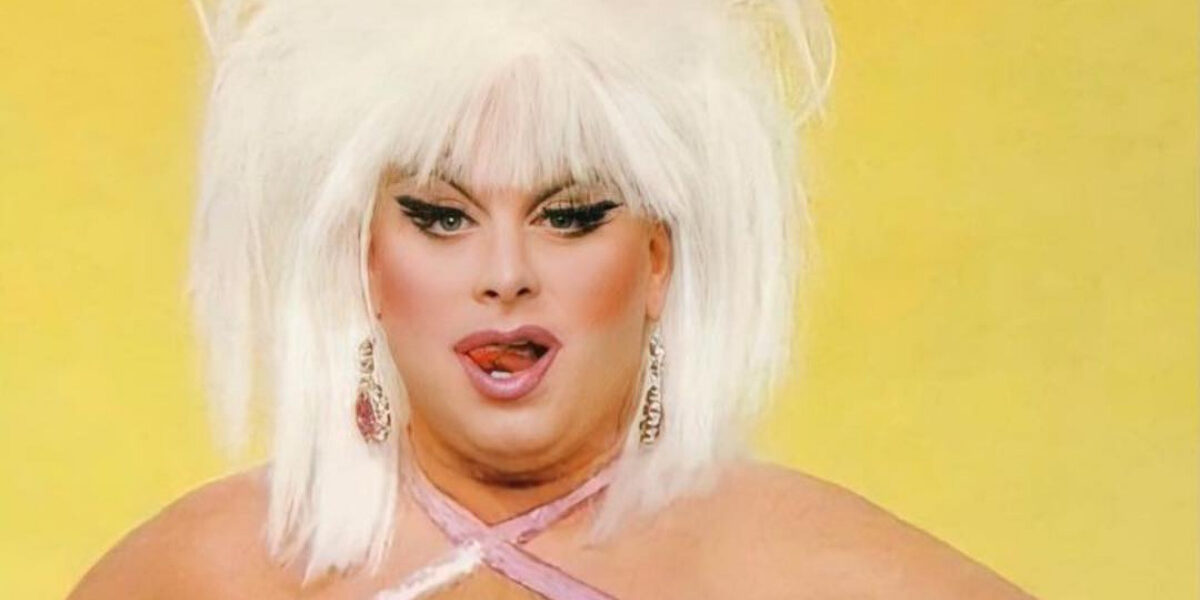Divine was America’s first drag superstar
March 7 marked the 36th anniversary of the death of the beloved Harris Glenn Milstead, better known to us as Divine.
A character actor at heart, Divine became a cult figure during the ’70s and ’80s for his over-the-top performances as female characters in a string of independent films directed by longtime collaborator John Waters. He also found success as a disco artist and was a celebrated stage actor and performer.
Born on October 19th, 1945, Divine came from an upper middle-class background in Baltimore Maryland. As a child Divine, or Glenn as he preferred to be called back then, was overweight and routinely bullied for his size and effeminacy. After graduating high school in 1963 he went to beauty school to learn hair styling and began working in local salons. It was during this time that Glenn was introduced to John Waters and the two became fast friends, bonding with each other over a mutual admiration for counter-culturalism and the arts.
It was Waters that gave Glenn the name Divine along with the tagline “the most beautiful woman in the world, almost”, and it stuck. Soon after that Divine starred in one of Waters’ early short films called Roman Candles (1966) in which he played a smoking nun. That performance was followed up with Eat Your Makeup (1968), another short film in which Divine portrayed the widowed Jackie Kennedy reliving her husband’s assassination.

With the seeds of bad taste firmly planted in the ground, it was only a matter of time before Divine and Waters would bloom into the trash icons we know and love today. Mondo Trasho (1969) was the pair’s first feature length film about a day in the life of a hit and run driver and her victim. This was followed immediately after by Multiple Maniacs (1970) in which Divine played the role of the murderous Lady Divine who ran The Cavalcade of Perversion. From here the stage was set for Pink Flamingos (1972), arguably the most important (and trashiest) film of both John Waters’ and Divine’s careers. In the film he plays Babs Johnson, “the filthiest woman alive”, and is forced to defend that title against any and all challengers. It is in this film that Divine famously ate the dog poop to the disgust (and apparent delight) of moviegoers.
Pink Flamingos sealed Divine’s status as an underground superstar. The film developed a cult following and was hugely popular on the ‘midnight movie’ scene. Following that success, Divine went to San Francisco with co-star Mink Stole where they starred in a bunch of low budget plays as part of the drag troupe The Cockettes. This would serve as the official start of Divine’s stage career which would continue to flourish as the 70’s progressed.
From 1976-1977 Divine portrayed the matron in the revival of Tom Eyen’s play Women Behind Bars (a satirical take on female prison movies). It was a hit upon release in New York City and resulted in second run in London. Impressed with Divine’s performance, Eyen would once again cast him in the lead role of his next play The Neon Woman in which Divine played a retired stripper and owner of a Baltimore burlesque house.
It was soon after this that Divine began performing in clubs. His raucous and outlandish behavior was well received by the nightlife crowd, especially amongst the gay male community. Divine collaborated once again with Eyen and composer Henry Kreiger to create the disco-laden stage show “Born to Be Cheap” in 1981. This quickly evolved into a full-fledged recording career during which Divine scored such hits as “Shoot Your Shot” and “You Think You’re A Man”. Divine soon took his act on the road and around the world, cultivating a particularly big following across Europe.

Despite being an extremely in demand disco artist and stage performer, Divine would continue his movie career during this time period. He starred in Waters’ Polyester (1981), Paul Bartel’s Lust in the Dust (1985) and Alan Rudolph’s Trouble in Mind (1985) where he played his first male role out of drag.
After completing Trouble in Mind Divine would work with Waters one last time on Hairspray (1988). In the film he portrayed Edna Turnblad, the doting and ever-loving mother of Tracy, and in doing so finally found mainstream success. Tragically he died just three weeks after the movie’s release from heart failure.
The impact Divine has had on queer and pop culture is undeniable. He was the first drag superstar, something that even Rupaul has conceded to. As an unabashedly out and queer performer, Divine paved the way for this generation’s crop of queer entertainers. The characters that he and Waters gave life to are a touchstone of queer cinema history and will live on forever. In fact, these characters were part of the inspiration that led to the creation of the sea witch Ursula in The Little Mermaid, a prime example of Divine’s enduring legacy.
An unconventional style icon, many a person has adopted the trash aesthetic so perfectly created by Divine (in conjunction with John Waters and makeup artist Van Smith). No one will ever forget those eyebrows or the sight of that gorgeous 300lb man in a miniskirt. He was fearless. He was loud. Everything about him was a celebration of excess. Harris Glenn Milstead was a fabulous entertainer. He was, in a word, Divine.





















